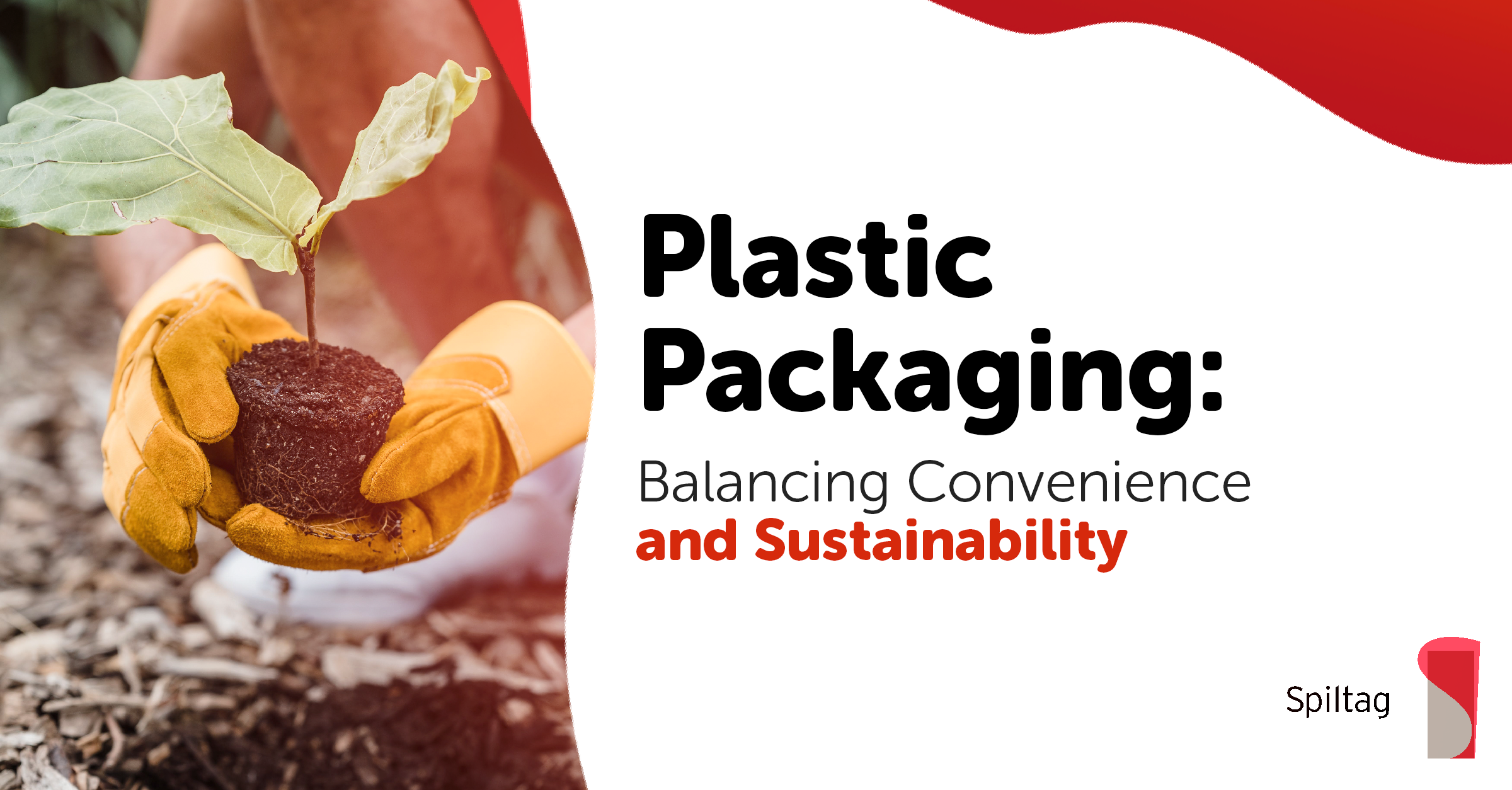
In today’s world, which is increasingly conscious of environmental impact, the plastic packaging industry faces a critical balancing act. On one hand, plastic offers unparalleled convenience and versatility; on the other hand, its environmental footprint has become a growing concern. Therefore, this blog post explores the challenges and solutions in making plastic packaging more sustainable, particularly focusing on the innovative use of recycled materials and biodegradable options.
Indeed, plastic packaging has revolutionized the way we store, transport, and protect products. Its lightweight nature, durability, and ability to be molded into various shapes and sizes make it an ideal choice for a wide range of applications, from food packaging to medical supplies.
However, despite its benefits, the traditional production and disposal of plastic pose significant environmental challenges. Non-biodegradable plastics can take hundreds of years to decompose, contributing to landfill waste and ocean pollution. Furthermore, the production process also often involves non-renewable resources, adding to its carbon footprint.
Importantly, one of the key solutions to this challenge is the use of recycled plastics in packaging. By reprocessing materials that would otherwise end up in landfills or oceans, the industry can significantly reduce its environmental impact. Moreover, brands are increasingly adopting recycled PET (rPET) and other materials, demonstrating that quality and sustainability can indeed go hand in hand.
Additionally, biodegradable plastics offer another promising avenue. These materials are designed to break down more quickly and safely when exposed to natural elements. Compostable plastics, a subset of biodegradable materials, can decompose in composting conditions, turning into nutrient-rich soil.
Consequently, the industry is also witnessing a surge in innovation aimed at reducing the environmental impact of plastic packaging. From plant-based plastics to advancements in biodegradable polymers, research and development are paving the way for more sustainable options.
Similarly, consumer demand for sustainable products, along with stricter regulations on plastic use and disposal, are driving the industry towards more eco-friendly practices. This shift is encouraging companies to rethink their packaging strategies and invest in sustainable alternatives.
In conclusion, balancing the convenience of plastic with the need for sustainability is a complex but essential task. By embracing recycled materials, exploring biodegradable options, and continuing to innovate, the plastic packaging industry can play a pivotal role in building a more sustainable future. As consumers and regulators demand more environmentally friendly practices, the industry’s response will be crucial in shaping its long-term impact on our planet.
Traditional plastic packaging poses significant environmental challenges due to its non-biodegradable nature, which contributes to landfill waste and ocean pollution. The production process often involves non-renewable resources, increasing its carbon footprint.
Using recycled plastics in packaging is a key solution for sustainability. Reprocessing materials that would otherwise end up in landfills or oceans significantly reduces environmental impact. The adoption of recycled PET (rPET) and other materials demonstrates that quality and sustainability can coexist.
Biodegradable plastics are designed to break down more quickly and safely when exposed to natural elements, reducing environmental harm. Compostable plastics, a subset of biodegradable materials, decompose in composting conditions, turning into nutrient-rich soil, thus offering an eco-friendly alternative to traditional plastics.
The plastic packaging industry is experiencing a surge in innovation aimed at reducing environmental impact. This includes the development of plant-based plastics and advancements in biodegradable polymers, paving the way for more sustainable packaging options.
Growing consumer demand for sustainable products and stricter regulations on plastic use and disposal are driving the industry towards eco-friendly practices. This shift is prompting companies to rethink their packaging strategies and invest in sustainable alternatives, shaping the industry’s long-term impact on the environment.
Check our linkedin page and our products!